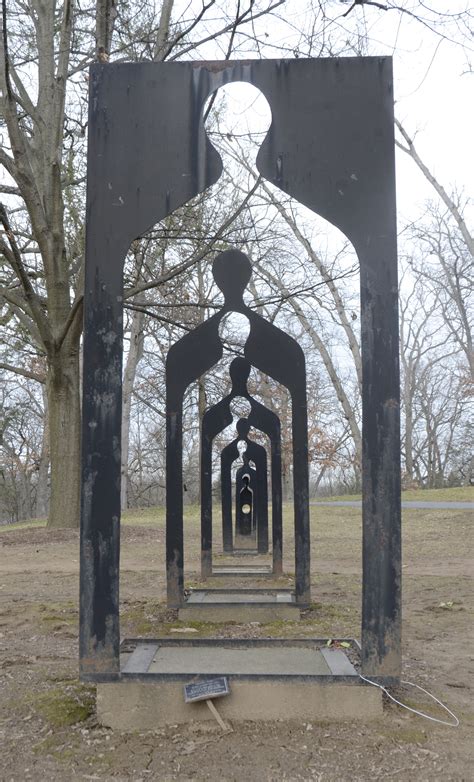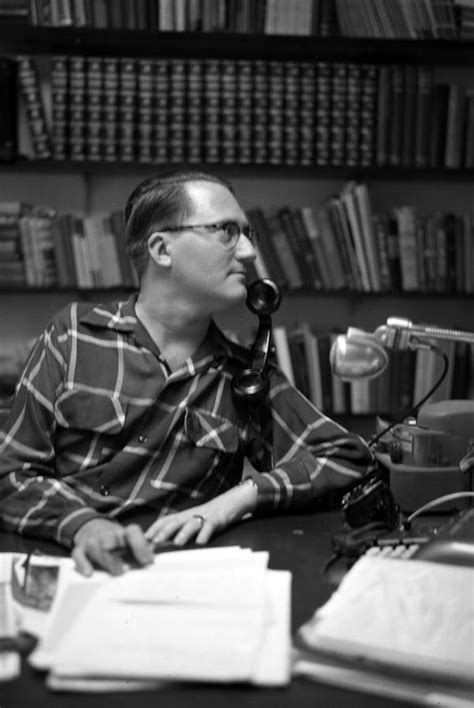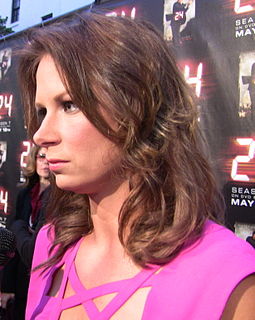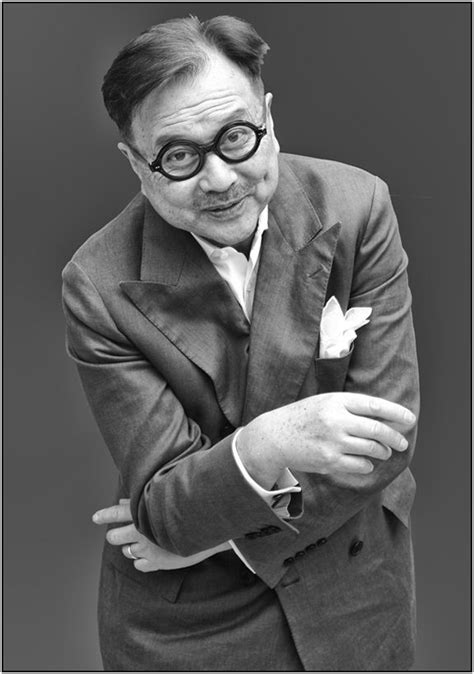A Quote by Paul Cezanne
Painting from nature is not copying the object; it is realizing one's sensations.
Related Quotes
Painting is an illusion, a piece of magic, so what you see is not what you see. I don't know what a painting is; who knows what sets off even the desire to paint? It might be things, thoughts, a memory, sensations, which have nothing to do directly with painting itself. They can come from anything and anywhere.
You have bits of canvas that are unpainted and you have these thick stretcher bars. So you see that a painting is an object; that it's not a window into something - you're not looking at a landscape, you're not looking at a portrait, but you're looking at a painting. It's basically: A painting is a painting is a painting. And it's what Frank Stella said famously: What you see is what you see.
As you are aware, no perceptions obtained by the senses are merely sensations impressed on our nervous systems. A peculiar intellectual activity is required to pass from a nervous sensation to the conception of an external object, which the sensation has aroused. The sensations of our nerves of sense are mere symbols indicating certain external objects, and it is usually only after considerable practice that we acquire the power of drawing correct conclusions from our sensations respecting the corresponding objects.
Lots of people look for happiness through sensations, whether it's through sex, the taste of food, the sound of music, the sensations of movies and plays, creating a certain environment in their home, and so on. Looking for happiness through sensations keeps you constantly searching for the next "fix" and for more varied sensations. Sensations become addictions, and nothing is ever enough.
I don't mean to give performance art a bad name or anything; I think there are people that are legit. I think I just got frustrated painting - I love painting; I actually tried to be an artist, but it's sensitive, and then you have an object. And what do you do with that object? And then repeat and repeat, blah blah blah.
The true essence of Chinese culture is sophistication, refinement, the spirit of poetry. The spirit of ink painting and calligraphy lives on forever. Calligraphy is more important than painting. Chinese always consider nature. Man is a very small part of nature. That's why in Chinese painting you see huge mountains and man very small, very humble before nature. You must be harmonious and one with nature. You don't fight it. And then there's a bit of a poetry. Of course, it's very complicated, but also very simple.







































